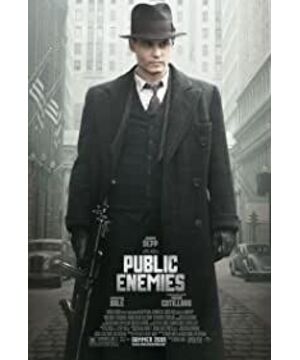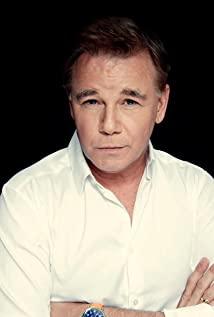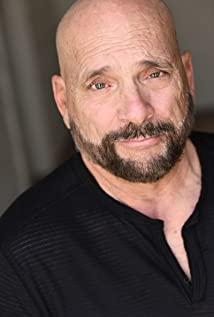Where is the new idea of Michael Mann's "Public Enemy"?
After watching "The Enemy of the Public", can you talk about the difference between John Dillinger and Jesse James (if you don't know the deeds of this handsome guy, please refer to my previous film reviews)? As the heroes who are also being carried forward by the times, they struggled and finally inevitably crushed under the wheels of the times. In this tragic fate, what kind of personal qualities did they burst out?
To be honest, I didn't see it. I don’t think Director Man wants to make it clear at all. I always feel that what Director Man wants to talk about is not the robber, but the fact that he is restoring a piece of history-the predecessor of the FBI through the robber.
Remember the bloodiest scene in the film? It was a beautiful boy/little white-faced Freud who was shot through the apple orchard. The camera aimed at the bleeding wound for a long time. Freud twisted on the ground and finally died. But before it was a long foreshadowing, rendering Puvis, as an investigative agent, from squatting and aiming to shooting.
The bloody scene afterwards happened when Purvis shot the baby-faced Nelson. Purvis continued to shoot until the pistol bullets were out, and Nelson finally shook and fell to the ground. Before that, the Bureau of Investigation had just fired a car that refused to park. When Puvis came up to watch it, two people in it were dead in terror.
The final bloody shot of the film took place outside the cinema. Dillinger was shot through the back of the head in the street. The blood instantly formed a blood mist, and then flowed out from the hole in the face stuck to the ground.
And the evil deeds of the John Dillinger gang, the constant attention shots and close-up shots given in the movie are relatively few, which naturally does not give people too much impression. Mann’s arrangement was not accidental, it was deliberate.
What does Man want to say? It is easy to get a glimpse of Director Hoover. He is almost the most distinctive character portrayed in the film. He is well versed in the methods of struggle, cruel and never merciless. Dillinger just unconsciously acted as the best way and means for Hoover to expand his own investigation bureau, and this method and method of expansion is actually the same as Dillinger’s method, and even worse. And, this is the true face of Director Man who has penetrated the faint historical appearance.
After all, Dillinger, or Puvis, who retired after committing suicide a few years later, is nothing but small people who are trapped by history, struggling but still involuntary. They opened the door of cruel blood and found this door. Once opened, there is no way to turn back, leaving only collapse and death. And what all this has created is not just administrators like Hoover who have never killed or been on the scene, but also an exceptionally powerful state machine that has crushed the little characters in the film. Now, who will be the next step?
View more about Public Enemies reviews











